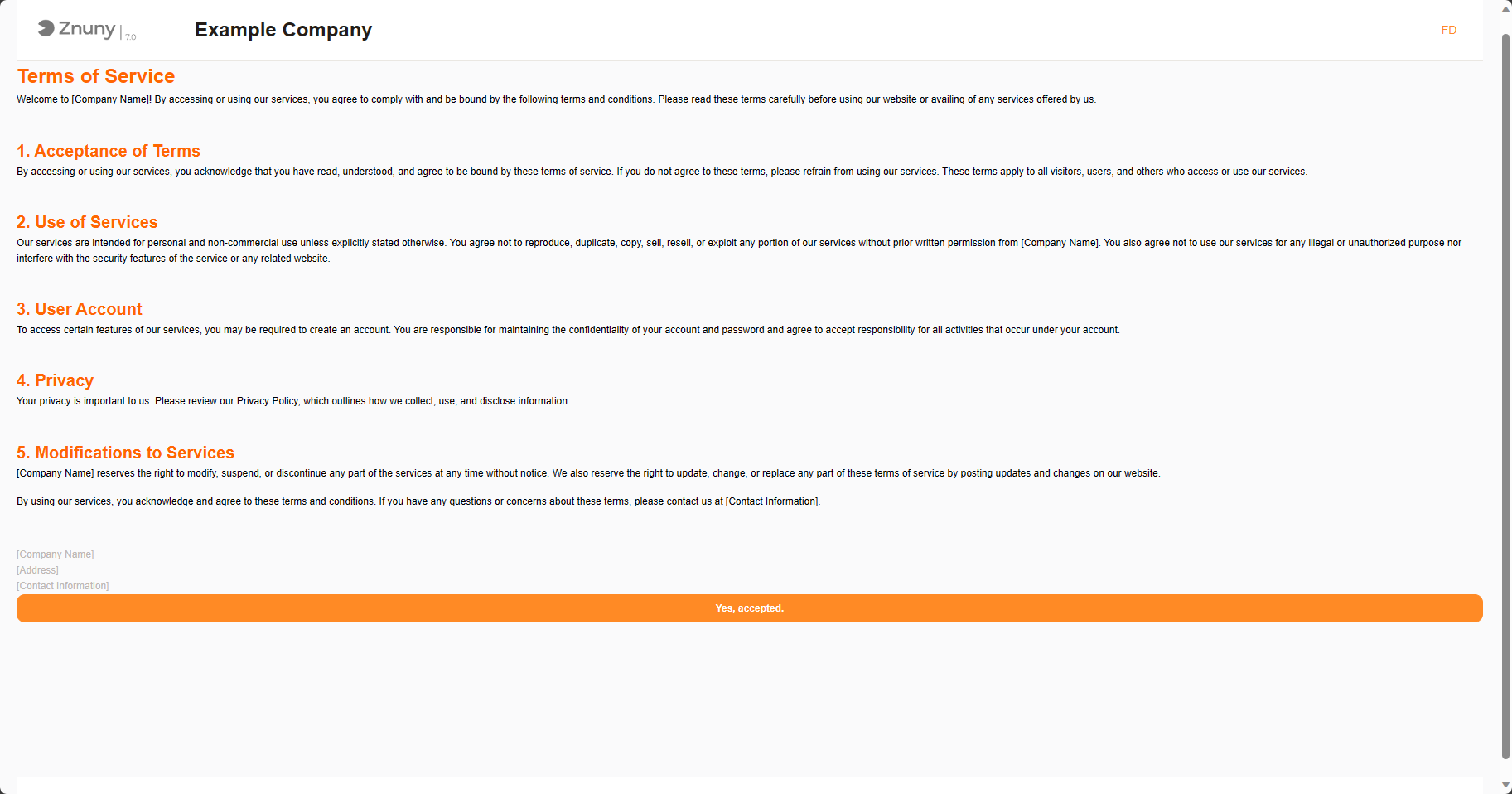Informed Consent in Business: Protecting Agents and Customers
In the world of business, the cornerstone of ethical and responsible conduct lies in obtaining informed consent. Whether you’re an agent facilitating transactions or a customer engaging with services, the significance of informed consent cannot be overstated. It’s not just a legal requirement; it’s a fundamental aspect that builds trust, transparency, and credibility. Read about it in more detail here.
Why Informed Consent Matters?
Protecting Agents
For agents and professionals, securing informed consent establishes a clear understanding between parties. It delineates the scope of services, outlines potential risks, and sets expectations. This not only safeguards agents against potential legal disputes but also enhances the quality of service delivery. When clients understand what they agree to, it minimizes misunderstandings and fosters better professional relationships.
Safeguarding Customers
From a customer perspective, informed consent empowers individuals by ensuring they have comprehensive information before making decisions. Whether signing a contract, agreeing to terms and conditions, or sharing personal data, customers deserve to know what they're getting into. Businesses build trust, loyalty, and a positive reputation by respecting their autonomy and providing clear information.
The Process of Obtaining Consent
Clear Communication
Effective communication is pivotal. Agents should articulate terms in plain language, avoiding jargon or complex legal terminology. It’s about creating an environment where clients feel comfortable asking questions and seeking clarification.
Documentation and Recording
Recording consent isn’t just a formality; it’s a crucial step in ensuring compliance and mitigating risks. Whether through written agreements, digital signatures, or documented discussions, having a record of consent acts as a shield in case of disputes, providing evidence that the necessary information was shared and agreed upon.
Legal Compliance and Ethical Responsibility
Legal Compliance
In various industries, legal regulations mandate the acquisition of informed consent, especially in sensitive areas like healthcare, finance, and data privacy. Non-compliance can lead to severe penalties, fines, or even legal actions that tarnish a business’s reputation.
Ethical Responsibility
Beyond legality, ethical considerations play a significant role. Respecting an individual’s autonomy and right to make informed choices reflects a company’s commitment to integrity and values. It’s not just about following the law; it’s about doing what’s right for the customers and stakeholders.
Building Trust and Long-Term Relationships
Informed consent isn’t just a checkbox; it’s a foundational element in building trust and fostering long-term relationships. When customers feel respected and informed, they are more likely to return. Moreover, positive experiences lead to word-of-mouth recommendations, enhancing a company's reputation and market standing.
Using Znuny
Present Information
Information can be presented to agents as well as customers within Znuny by using the following pre-application modules:
- PreApplicationModule###AgentInfo
- CustomerPanelPreApplicationModule###CustomerAccept
Activating these modules will require immediate acceptance of any predefined texts that you have configured under the following files:
- Kernel/Output/HTML/Templates/Standard/AgentInfo.tt
- Kernel/Output/HTML/Templates/Standard/CustomerAccept.tt
You can use HTML and template toolkit to design these templates for the information to be displayed for your customers and agents' acceptance.

Record Consent
When your agents or customers consent by clicking the exact button, the answer will be recorded in the user's preferences for later reference. If the acceptance message changes at any time, you can update the info key to force a new acceptance and register this to the database.
- InfoKey
- CustomerPanel::InfoKey
Conclusion
In a world where transactions and interactions happen rapidly, the significance of informed consent cannot be overlooked. It’s not merely a procedural step but a demonstration of respect, transparency, and responsibility. For agents, it shields against legal risks and ensures smoother interactions. For customers, it’s about empowerment, trust, and making informed choices. By prioritizing informed consent, businesses can create a robust framework that benefits both parties, fostering a healthier and more reliable business environment.
Remember, in the realm of business ethics, informed consent isn’t just a necessity; it’s a reflection of an organization’s commitment to integrity and excellence.
